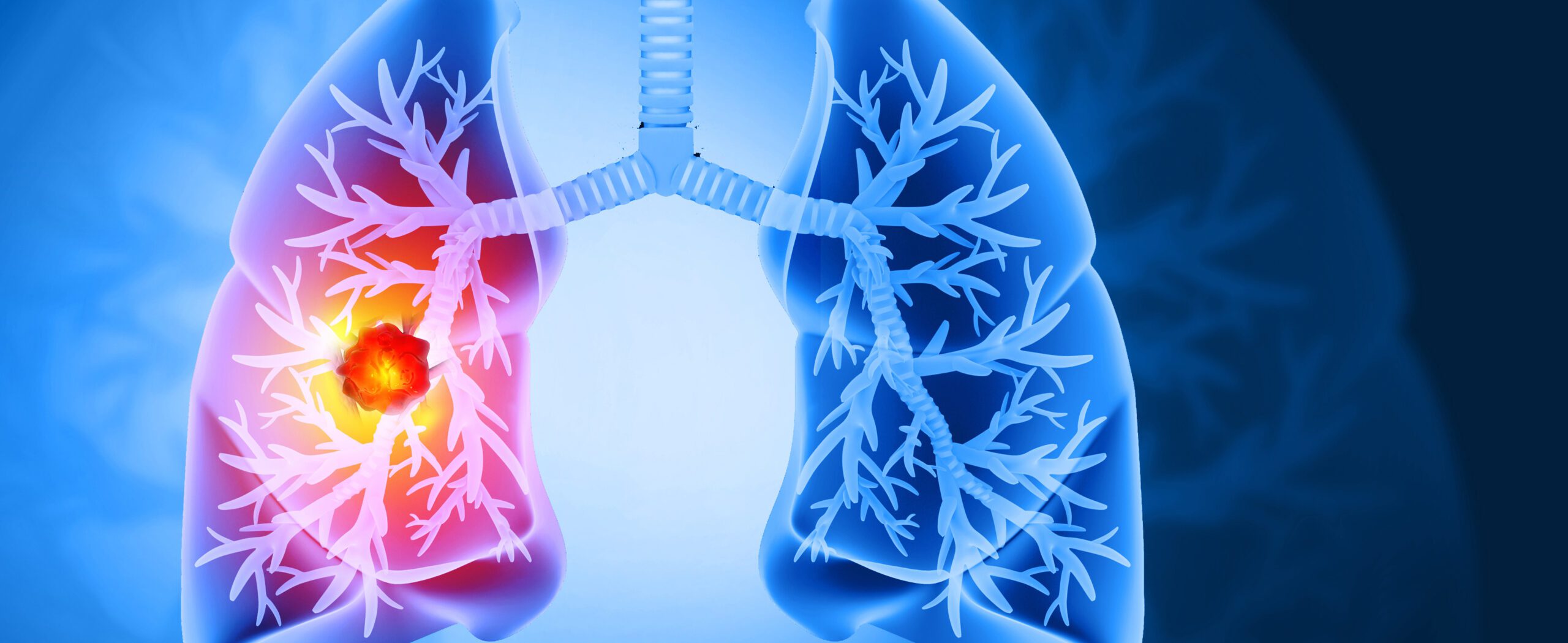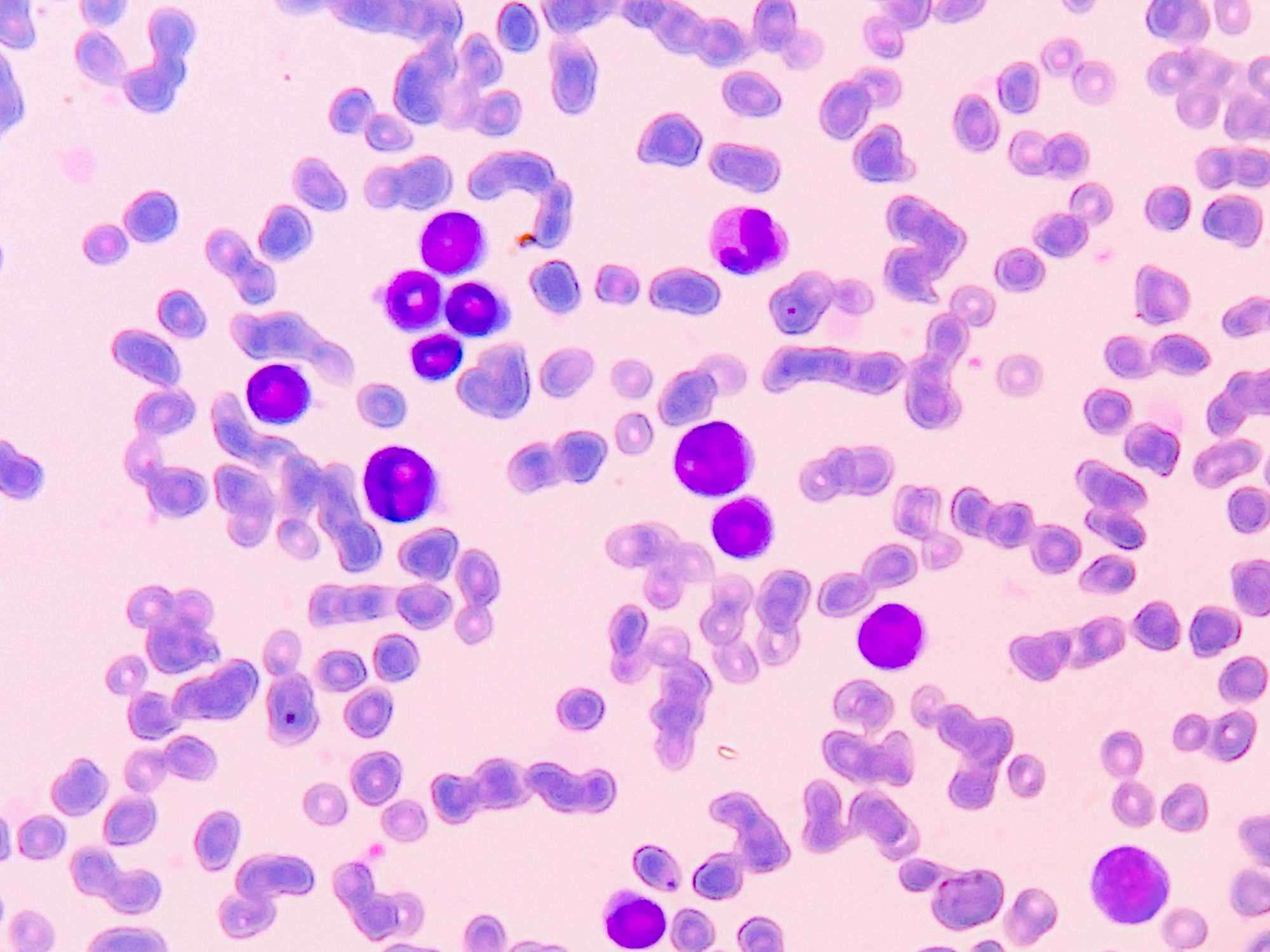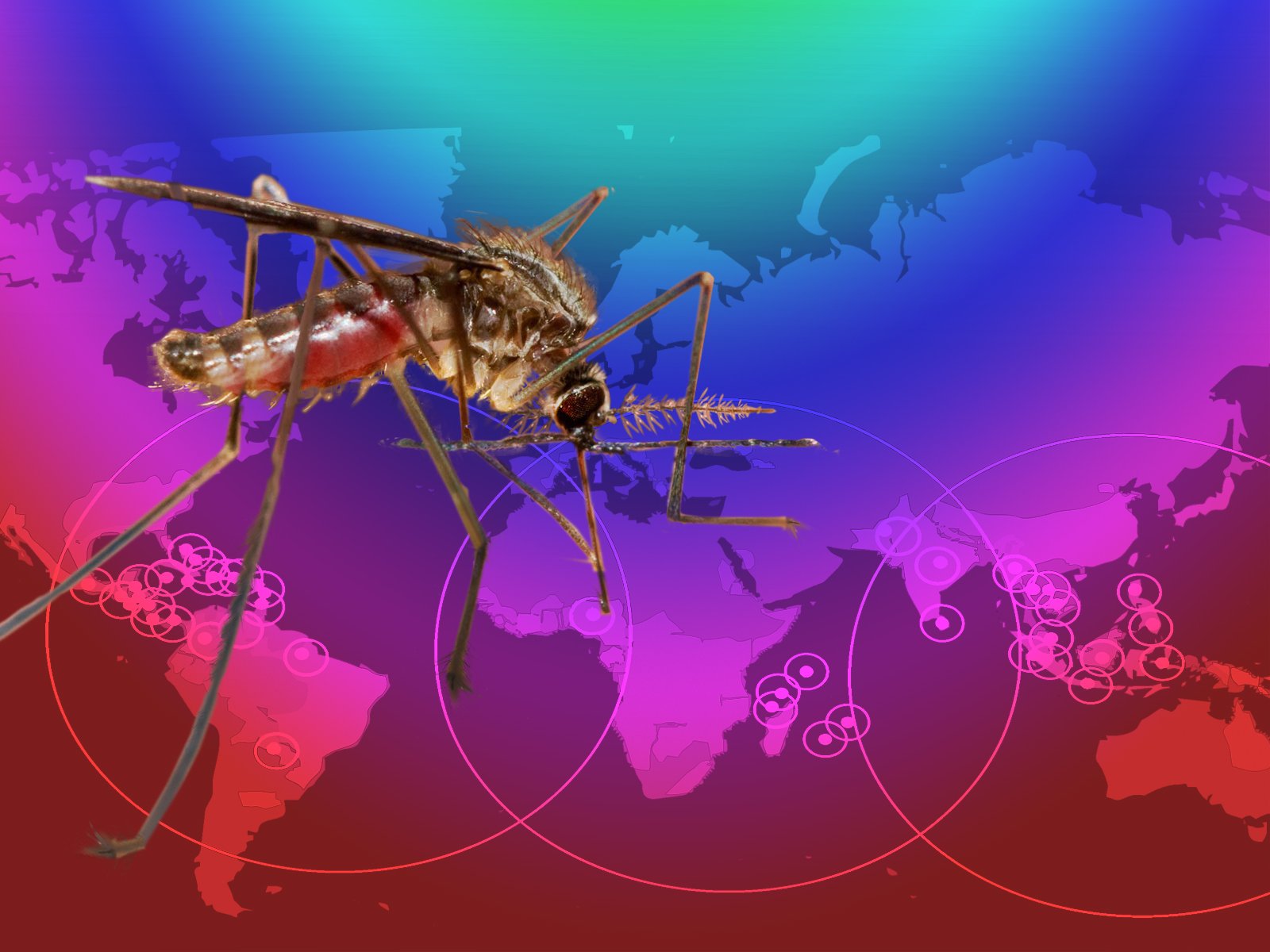Lung cancer is still the leading cause of cancer-related mortality worldwide. In addition to established risk factors such as tobacco consumption and molecular alterations, the interaction between tumors and the nervous system is increasingly coming into focus. Recent data show that neurobiological mechanisms contribute significantly to the development, progression and treatment response of lung cancer. A comprehensive review in Cancer Letters summarizes the current findings and opens up new perspectives for diagnostics and therapy.
Autoren
- Tanja Schliebe
Publikation
- InFo ONKOLOGIE & HÄMATOLOGIE
Related Topics
You May Also Like
- HIV: updated EACS guideline
Individualized approach to sustainable prevention and care
- Evidence-based diagnostics and treatment in the medical setting
Anxiety and depression disorders in adolescence
- Neuroenhancement
Can you swallow intelligence? Relevant substance classes times for healthy people
- Microbiome, inflammaging and affective/cognitive health
Gut-brain axis in old age
- Vitiligo - the level of suffering should not be underestimated
A lot can be achieved therapeutically nowadays
- Vector-borne infections with skin manifestations
Arboviruses and leishmaniasis in Europe
- Patient-centered rounds in medicine
Aligning care with the patient
- Adrenogenital syndrome











